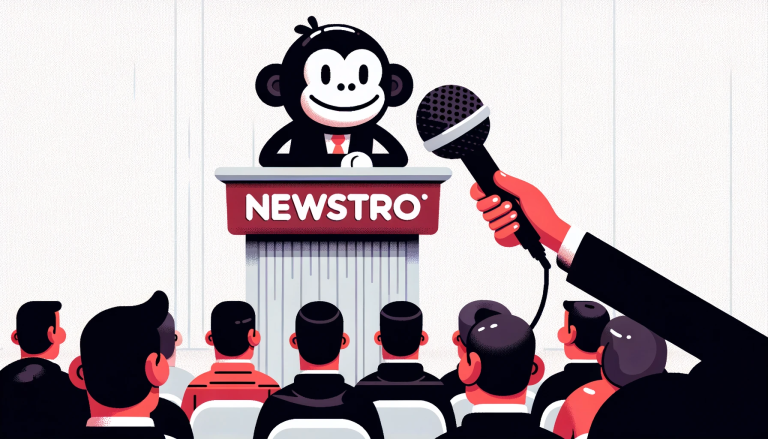A recent incident involving former Speaker Kevin McCarthy and Rep. Tim Burchett highlights rising tensions in Congress. Accusations of physical aggression and verbal altercations, including a near brawl between Sen. Markwayne Mullin and Teamsters President Sean M. O’Brien, signal escalating conflicts among lawmakers.
Quick Facts
- Physical Altercation: An alleged physical encounter between Kevin McCarthy and Tim Burchett has stirred controversy, with Burchett accusing McCarthy of elbowing him from behind during an interview.
- Verbal Disputes: Increasing verbal confrontations are apparent, exemplified by a heated exchange between Sen. Markwayne Mullin and Teamsters President Sean M. O’Brien during a Senate committee hearing.
- Political Tensions: These incidents reflect a broader trend of escalating tensions and partisanship in a Congress that has been in continuous session for weeks, with significant implications for legislative collaboration and decorum.
The recent altercation between McCarthy and Burchett occurred in a crowded hallway, following a GOP conference meeting. Burchett’s accusation that McCarthy elbowed him in the back during an interview has brought to light the underlying tensions within Congress. This incident is particularly notable given McCarthy’s previous position as Speaker and his current influence in the House.
On the other side of the Capitol, the conflict between Sen. Mullin and Teamsters President O’Brien is a stark example of the kind of verbal altercations becoming more frequent among lawmakers. Their exchange, which nearly escalated into a physical fight during a Senate committee hearing, can be traced back to a previous disagreement over union issues. This highlights the growing hostility and personal animosities that are permeating congressional proceedings.
The series of confrontations, both physical and verbal, point to a deeply polarized Congress, where tensions are high and decorum is increasingly under threat. These incidents not only disrupt the legislative process but also raise concerns about the ability of lawmakers to engage in constructive debate and decision-making. The aggressive interactions between members suggest a pressing need for strategies to address and mitigate these rising tensions.
| For Further Reading | In the context of recent events, the role and history of the Speaker of the United States House of Representatives is particularly relevant. The Speaker is the political and parliamentary leader of the House of Representatives, and traditionally sets the legislative agenda. McCarthy’s role as a former Speaker and his current influence highlight the significance of this position in shaping Congressional dynamics and policies. More on Wikipedia. |
Q&A
What triggered the altercation between McCarthy and Burchett?
The altercation was reportedly triggered during an interview, where Burchett claims McCarthy elbowed him in the back, an action McCarthy denies as intentional.
Has there been an official response to these incidents?
While there have been individual statements and accusations, no official resolution or comprehensive response has been made public yet.
What are the implications of these incidents for Congress?
These incidents highlight the escalating tensions and partisanship in Congress, potentially hindering effective legislative collaboration and decision-making.


